Discretionary Consumption Becomes Law in the Land of Lincoln
By Larry Mishkin, Hoban Law Group, Litigation Practice Group Counsel
Last month, the Illinois legislature sent an adult-use cannabis bill to new governor Jay Pritzker for signature. Given all indications that he will sign it, legal discretionary use in Illinois will begin on January 1, 2020. Significantly, passage will mark the Prairie State as the first to enact a complete adult-use program through legislative action rather than a citizens’ vote or referendum.
Per the law, adults 21 and older will be able to purchase cannabis from the states’ dispensaries for their own personal use. Illinois residents will be allowed to possess up to 30 grams of flower, 5 grams of concentrate, and 500 milligrams of THC-infused products. Out-of-state visitors will be limited to 15 grams of flower, 2.5 grams of concentrate, and 250 milligrams of THC-infused products.
On the business end of things, current holders of medical dispensary and cultivation center licenses may immediately apply to allow a portion of their current medical dispensaries/cultivation centers to sell/grow adult-use cannabis. Dispensary owners can also apply for an additional adult-use license for each medical license they hold; such will be the only group legally allowed to grow and sell plants for adult use.
Ultimately, the state will offer licenses for new cultivators (craft grows), dispensaries, processors, and transportation. Come May 2020, the application process run by the Illinois Department of Financial and Professional Regulation (IDFPR) will open to license up to 75 new adult-use dispensaries, with an additional 110 dispensary licenses awarded from the IDFPR expected in December 2021.
As of July 2020, the Illinois Department of Agriculture (IDA) can award up 40 licenses apiece for processors and craft grows, and an undetermined number of transportation licenses. In December 2021, the IDA can award up to another 60 craft grow and processor licenses, respectively, with an undetermined number of transportation licenses.
Under the Illinois law, craft grows are defined as cultivations with a 5,000-square-foot maximum canopy. As part of the law’s goal to promote social equity, it is intended that people from neighborhoods disproportionality affected by the federal government’s war on drugs will be able to enter the market through some portion of the craft grow licenses The law also creates a $20 million low-interest loan program for social equity applicants to offset the high cost of entry into the cannabis market. Groups led by social equity applicants will receive substantial bonus points in the scoring of their applications.
The other part of the social equity program addresses the victims of the war on drugs by providing for expungements (upon application) of most misdemeanor and class-4 felony convictions for stand-alone violations of the state’s Cannabis Control Act. By some estimates, as many as 800,000 Illinois residents may benefit from the program.
With a population more than double Colorado’s, Illinois becomes the second-most populous state with an adult-use program (after California). Given the Land of Lincoln’s well-chronicled financial difficulties, taxes raised from the program should be significant. Excises taxes range from 10% of the purchase price for cannabis with THC levels at or below 35%, to 20% for all infused products, and 25% for cannabis with THC levels above 35%.
As has been seen in Colorado, Illinois can expect an increase in visitors thanks to the benefits of cannabis tourism. Unfortunately for anyone wishing for legal bud in the bleachers at Wrigley Field, public consumption remains illegal, as in all other states.
As for homegrown cannabis, the Illinois adult-use law intriguingly amends its existing medical cannabis law by allowing for medical patients to grow up to five plants taller than 5 inches. That is five plants per household, and the grow cannot be visible from outside the home. Though proponents were disappointed that home-growing was not extended to all resident adults in the state, the law does recognize the special requirements of some medical patients.
In the bigger picture, the Illinois law marks a significant victory for advocates of full federal legalization. It also suggests that despite today’s heavily partisan politics, if a state legislature can pass an adult-use statute, is stands to reason that Congress might find a means to make federal legalization a reality.
Larry Mishkin is Counsel to Hoban Law Group, and has nearly 30 years of experience that includes representing groups seeking marijuana dispensary and cultivation licenses in Illinois, as well as business interests ancillary to the medical marijuana market. He can be reached at larry@hoban.law.
This article has been prepared for informational and general guidance purposes only; it does not constitute legal or professional advice. You should not act upon the information contained herein without obtaining specific professional advice. No representation or warranty (express or implied) is made to the accuracy or completeness of the information contained in this publication. Hoban Law Group, its members, employees, and agents accept no liability, and disclaim all responsibility, for the consequences of you or anyone else acting, or refraining to act, in reliance on the information contained in this publication or for any decision based thereupon.


